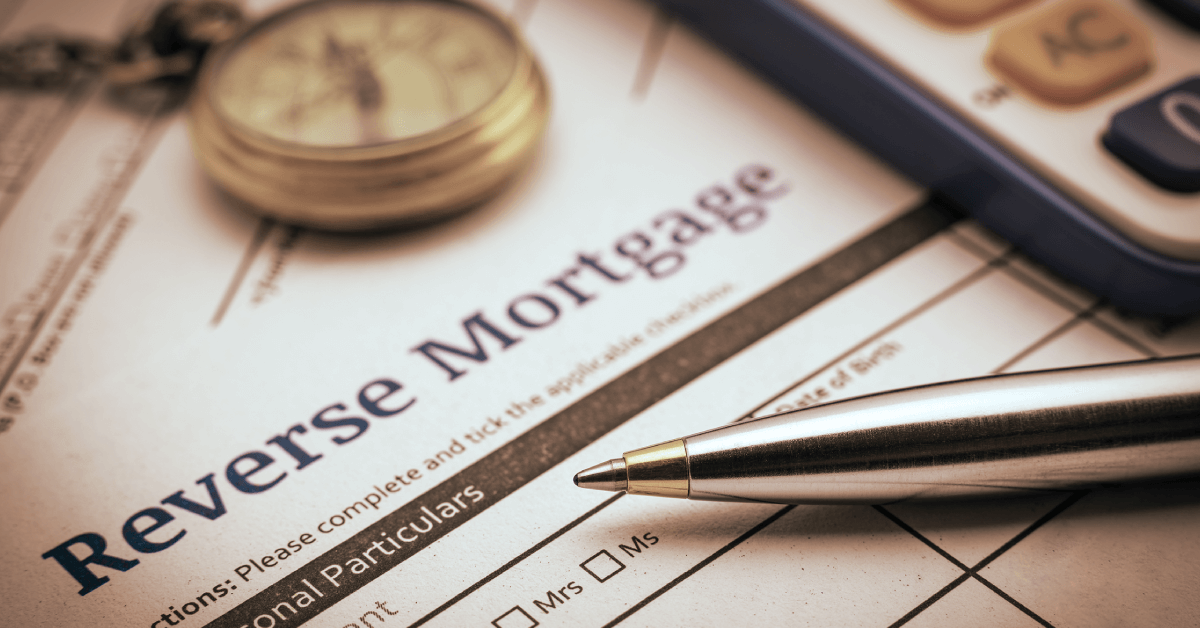With the cost of living in India rising steadily, it can become difficult for retired individuals to make ends meet. Especially with healthcare inflation in the country reaching 20%, senior citizens relying on their savings can find it inconvenient to gather funds during medical emergencies.
Availing a reverse mortgage loan can help individuals to stabilise their income post-retirement. It is similar to a loan against property comes with several benefits that can help senior citizens enjoy a comfortable life even after their retirement.
How Does a Reverse Mortgage Work?
Individuals above 60 years of age can avail periodic or lump sum payments against the value of a property with reverse mortgage schemes. You must have to know about reverse mortgage benefits before applying for it.
Borrowers can avail up to 60% to 80% of their property’s market value as a loan, disbursed throughout a prolonged tenor. Additionally, availing the loan does not give rise to any immediate financial liability, as the borrower does not have to repay it through EMI.
Thus, availing a reverse mortgage loan have can provide a steady financial source to fulfil one’s daily needs easily.

What Are The Benefits Of Reverse Mortgage?
Retired individuals can avail the following reverse mortgage benefits:
No end-user restrictions.
You can avail a lump sum amount to finance any high expense emergency.
You can choose to repay the mortgage amount after the loan tenure expires.
There are low to no risks of defaulting with this loan.
The borrower can choose to live in the mortgaged property even after the tenor expires. The settlement takes place after the last surviving borrower passes away.
Thus, a reverse mortgage in India can help to provide the necessary financial security to senior citizens. Given the rising cost of basic needs, this secured loan can help to stabilise their income after retirement.